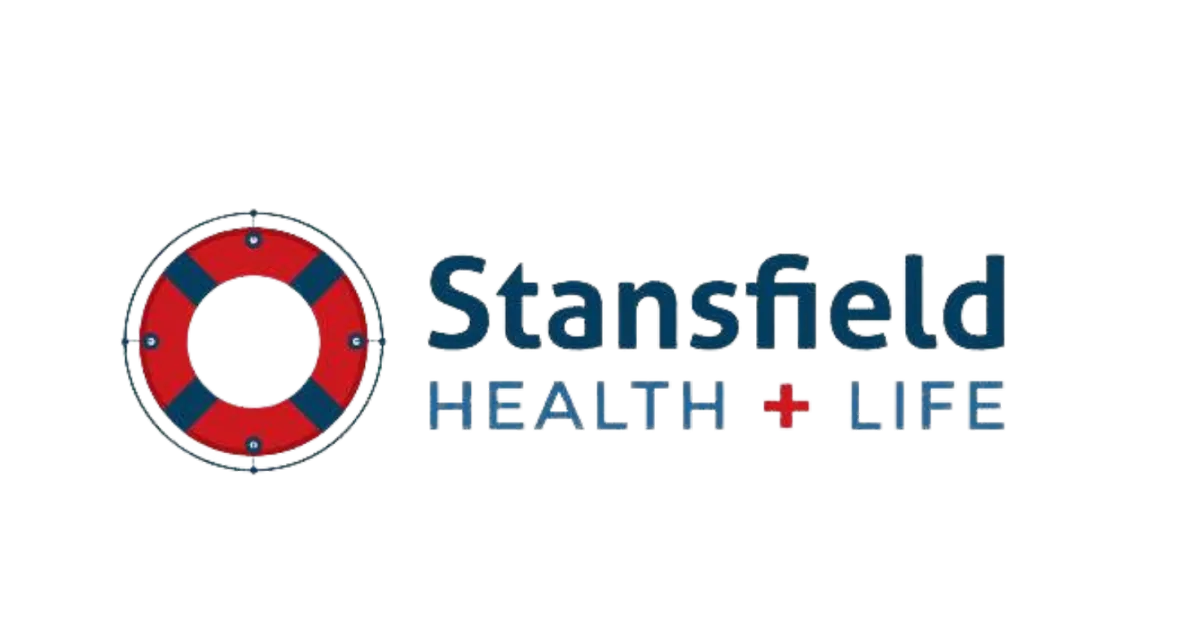
CALL US NOW!
Blog

Why Medicare Advantage Plans Are Becoming Increasingly Popular
Medicare Advantage Plans, also known as Medicare Part C, have seen a substantial rise in popularity among Medicare beneficiaries. These plans provide an alternative to Original Medicare (Parts A and B) and often include additional benefits that are not typically covered. The growing number of individuals choosing Medicare Advantage over Original Medicare is no coincidence, as these plans offer flexibility, comprehensive coverage, and cost-saving opportunities. In this article, we explore the various reasons why Medicare Advantage plans are becoming the preferred choice for many beneficiaries.
What Are Medicare Advantage Plans?
Medicare Advantage Plans are private health insurance plans approved by Medicare that provide all of your Part A (hospital) and Part B (medical) benefits. These plans are offered by Medicare-approved private companies and often include additional benefits, such as vision, dental, and hearing coverage, as well as wellness programs and prescription drug coverage (Medicare Part D).
Comprehensive Coverage
One of the main reasons for the growing popularity of Medicare Advantage plans is the comprehensive coverage they offer. While Original Medicare only covers hospital and medical insurance, Medicare Advantage Plans often bundle various additional benefits that are important to seniors. This can include:
Prescription drug coverage: Many Medicare Advantage plans include Part D prescription drug coverage, eliminating the need for a separate prescription drug plan.
Dental, vision, and hearing: Unlike Original Medicare, which does not cover routine dental, vision, or hearing services, many Medicare Advantage plans include these services, providing a more comprehensive health package.
Wellness and fitness programs: Many plans offer access to fitness centers, gym memberships, and wellness programs like SilverSneakers, which help seniors maintain an active and healthy lifestyle.
Cost Savings and Predictability
Medicare Advantage plans are often more cost-effective for beneficiaries compared to Original Medicare. Many of these plans have low or even $0 premiums, making them affordable for seniors on a fixed income. Additionally, Medicare Advantage plans have a maximum out-of-pocket limit, which Original Medicare does not provide. This limit ensures that beneficiaries are protected from catastrophic healthcare costs by capping their total spending for the year.
Fixed copays and coinsurance: Medicare Advantage plans typically come with set copays and coinsurance amounts, making healthcare costs more predictable compared to Original Medicare, which generally uses a percentage-based system.
No need for Medigap: Because Medicare Advantage plans cover many services, including prescription drugs, beneficiaries often don't need to purchase additional Medigap policies, leading to potential cost savings.
Coordinated Care and Provider Networks
Another attractive feature of Medicare Advantage plans is the emphasis on coordinated care. Many plans operate as Health Maintenance Organizations (HMOs) or Preferred Provider Organizations (PPOs), meaning that they work with specific networks of doctors, specialists, and hospitals to provide care. This network-based care can lead to better health outcomes due to better coordination between healthcare providers.
Primary care provider requirement: In some Medicare Advantage plans, beneficiaries are required to choose a primary care doctor, who will coordinate their overall healthcare. This system ensures that patients receive appropriate care and follow-up services.
Care management programs: Many plans offer specialized care management programs for individuals with chronic conditions, ensuring that they receive the appropriate care and support to manage their health.
Flexibility and Choice
Medicare Advantage plans offer beneficiaries a variety of plan options to meet their specific healthcare needs. Beneficiaries can choose between different plan types, including:
HMO Plans: These plans require members to use a network of doctors and hospitals, with referrals needed for specialist visits.
PPO Plans: These plans allow members to see any healthcare provider, but visiting in-network providers results in lower costs.
Private Fee-for-Service (PFFS) Plans: Members can see any healthcare provider, but those providers must accept the plan's payment terms.
Special Needs Plans (SNPs): Tailored for individuals with specific conditions or circumstances, such as chronic illness or dual eligibility for Medicare and Medicaid.
The Role of Supplemental Benefits
Medicare Advantage plans have gained attention due to their supplemental benefits, which have expanded in recent years. In 2020, the Centers for Medicare and Medicaid Services (CMS) allowed Medicare Advantage plans to offer additional services that address social determinants of health. These include benefits like:
Transportation to medical appointments
Meal delivery services after a hospital stay
Home modifications such as wheelchair ramps or grab bars
In-home support services like help with daily activities
These benefits help beneficiaries stay healthier, reduce hospital readmissions, and improve overall quality of life.
Coverage for Telehealth Services
Telehealth services have become increasingly important, particularly during the COVID-19 pandemic. Medicare Advantage plans have been at the forefront of expanding access to telehealth, allowing seniors to consult with doctors and specialists from the comfort of their homes. This service is especially beneficial for those in rural areas or individuals with mobility challenges.
Potential Drawbacks of Medicare Advantage Plans
While Medicare Advantage plans offer many benefits, there are also potential downsides to consider. Some beneficiaries may face restrictions when it comes to choosing healthcare providers, especially with HMO plans, which require members to use a specific network of doctors. Additionally, not all providers accept Medicare Advantage, meaning that beneficiaries may need to switch providers if their current doctor is not part of the plan’s network.
Finally, while Medicare Advantage plans often have lower upfront costs than Original Medicare, out-of-pocket costs can vary depending on the services used, and beneficiaries may face higher costs for out-of-network care.
Conclusion
Medicare Advantage plans are becoming increasingly popular due to their comprehensive coverage, cost savings, and coordinated care. With a variety of plan options available, Medicare beneficiaries can select the plan that best fits their needs, offering flexibility, predictability, and access to additional services not provided by Original Medicare. As healthcare continues to evolve, Medicare Advantage plans are expected to remain a top choice for many seniors looking for robust, all-in-one coverage.
Book Your “No Obligation” Consultation from
a local Medicare Insurance Plan Specialist.
Attend our “live” local Medicare
Education Workshop
Disclaimer: Medicare has neither reviewed nor endorsed this information. We’re not connected with or endorsed by the United States government or the federal Medicare program. We do not offer every plan available in your area. Any information we provide is limited to those plans we do offer in your area. Please contact Medicare.gov or 1-800-MEDICARE to get information on all your options.
Stansfield Health and Life © Copyright 2023
Website design and Marketing by LaunchpadPro
